Pakistan has been included in the list of countries with lowest score for “Freedom on Net”.
Only countries that scored below Pakistan included: China, Iran, Syria, Saudi Arabia, Ethiopia, Vietnam, Cuba, Uzbekistan and Bahrain.
The index is prepared by a Washington DC based research firm called “Freedom House”.
In its “Freedom on Net 2016” report, Freedom House said that Pakistan scored 69 (with 0 as best and 100 as worst) for Internet Freedom.
It said that while internet freedom has been impacted with recently introduced cyber crime bill, however, overall score remained unchanged due to opening up of YouTube and an increase in over-all internet penetration in the country.
Freedom House criticized Pakistani government for harsh punishments — through newly introduced cyber crime bill — for online speech.
According to report, key developments for Pakistan during June 2015 till May 2016 Included:
- The National Assembly approved the Prevention of Electronic Crimes Act, including clauses which would enable censorship, surveillance, and rights violations.
- In January 2016, YouTube was unblocked for the first time since 2012, redirecting users to a local version, YouTube PK
- Antiterrorism courts sentenced two individuals to 13 years in prison each in separate cases involving charges of promoting religious or sectarian hatred on Facebook.
- Investigators charged a man in Peshawar with violating “privacy of information” and “damage to information systems” based on Twitter posts he wrote about a judge’s relatives in September 2015
Obstacles to Access
Freedom on Net report said that Pakistan’s internet penetration increased during last two years, thanks to the launch of 3G and 4G services in the country.
More reliable broadband internet on wired infrastructure, however, remains a distant dream in the country as only urban areas are covered through wired networks, that too with deteriorating media.
Report said that a large number of people — mostly in remote areas — lack broadband access and they depend on slow dial-up connections or EDGE, an early mobile internet technology.
It said that while 3G and 4G networks are making inroads but rollouts are slow, as telecom operators are focusing more on urban and high revenue generating areas while leaving out rural or less populated spaces.
In such areas, meaningful online activity like multimedia training can be challenging, the report said.
It said that several parts of western areas of Pakistan lack internet access, partly because of underdevelopment and partly because of ongoing conflict.
Report further emphasizes that while internet access if gradually increasing among girls and women, but online harassment has discouraged the utilization of ICTs by women, especially those under 30.
Report said that fingerprint registration for obtaining data SIMs has worried the activists who rely on anonymous internet access.
Restrictions on Connectivity
Report said that, unlike from 2006/07, Pakistan has now more redundant internet as there are multiple internet nodes and international bandwidth connectivity.
Pakistan Telecommunication Company Limited (PTCL) controls the country’s largest internet exchange point, Pakistan Internet Exchange (PIE), which has three main nodes—in Karachi, Islamabad, and Lahore—and 42 smaller nodes nationwide.
PIE operated the nation’s sole internet backbone until 2009, when additional bandwidth was offered by TransWorld Associates on its private fiber-optic cable, TW1.
PTCL also controls access to the three international undersea fiber-optic cables: SEA-ME-WE 3 and SEA-ME-WE 4 connect Southeast Asia, the Middle East, and Western Europe; and I-ME-WE links India, the Middle East and Western Europe.
The company signed an agreement to build the fourth cable, considered to be one of the world’s largest, in 2014.
The AAE-1 cable, projected to be completed by the end of 2016, will connect countries in Asia, Africa, and Europe.
With strong outbound bandwidth links, internal cable cuts — due to terrorism or natural disasters — lead to internet shut downs in limited areas.
Moreover, as in previous years, Pakistan faced electricity shortages during the reported period, especially when demand peaked during the summer months, leading to internet down times for individuals across the country.
Cellular suspensions, during religious and political sensitivities, remained a bottleneck for the citizens who were cut from internet on multiple occasions.
ICT Market
According to report there are over 50 ISPs in Pakistan, 10 of those provide DSL services.
It said that the government regulator, the Pakistan Telecommunication Authority (PTA), exerts significant control over internet and mobile providers through a bureaucratic process that includes hefty licensing fees.
Additionally, after 2014, there are 3G and 4G operators that provide internet connectivity in the country. Although so far limited to urban centers, mobile companies report that they are rapidly expanding the networks.
Internet cafes do not require a license to operate, and opening one is relatively easy. Child rights groups have argued that cafes should be regulated to prevent inappropriate access to pornography and gambling sites.
Limits on Content:
According to Telecom Policy 2015, Pakistan Telecommunication Authority is now the in-charge for blocking any content on the internet.
PTA is mandated to monitor and manage content including any blasphemous and pornographic material in conflict with the principles of Islamic way of life as reflected in the Objectives Resolution and Article 31 of the Constitution.
Regulator can itself decide to either ban or not to ban a content. Anyone can write to PTA to file a complaint on content that’s objectionable, based on following reasons:
- If content blasphemous in nature
- If content is against national interests of Pakistan
- or if content is obscene in nature
According to Freedom on Net Report 2016, critics believe these issues can serve as cover for politically motivated censorship of dissenting voices. Information perceived as damaging to the image of the military or top politicians, for example, is also targeted.
Report highlights that the whole process for blocking content is not transparent and that there are no published guidelines outlining why content is blocked or how to appeal if something is blocked.
Report said that it didn’t find any URL level blocking or any instances of app blocking during the reported duration.
Media, Diversity, and Content Manipulation
Despite existing limitations on online content—and looming new ones—Pakistanis have open access to international news organizations and other independent media, as well as a range of websites representing Pakistani political parties, local civil society groups, and international human rights organizations.
ICTs, particularly mobile phones, promote social mobilization. After YouTube was unblocked, all social networking, blogging, and VoIP applications were available and widely used during the coverage period.
The report, however, said that most online commentators exercise a degree of self-censorship when writing on topics such as religion, blasphemy, separatist movements, and women’s and LGBTI rights.
More on Freedom on Net Report:
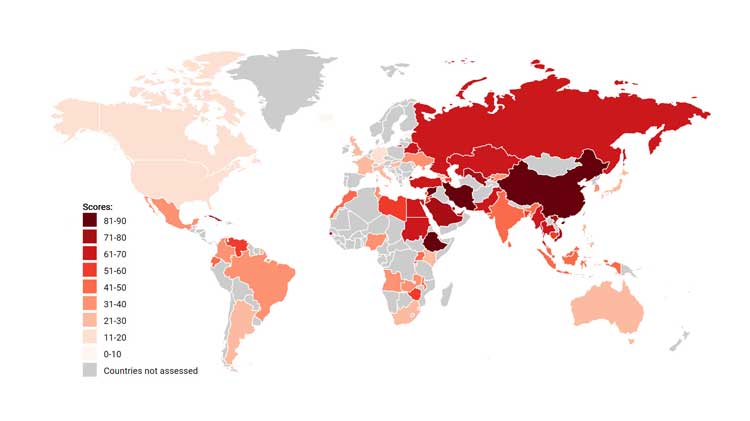

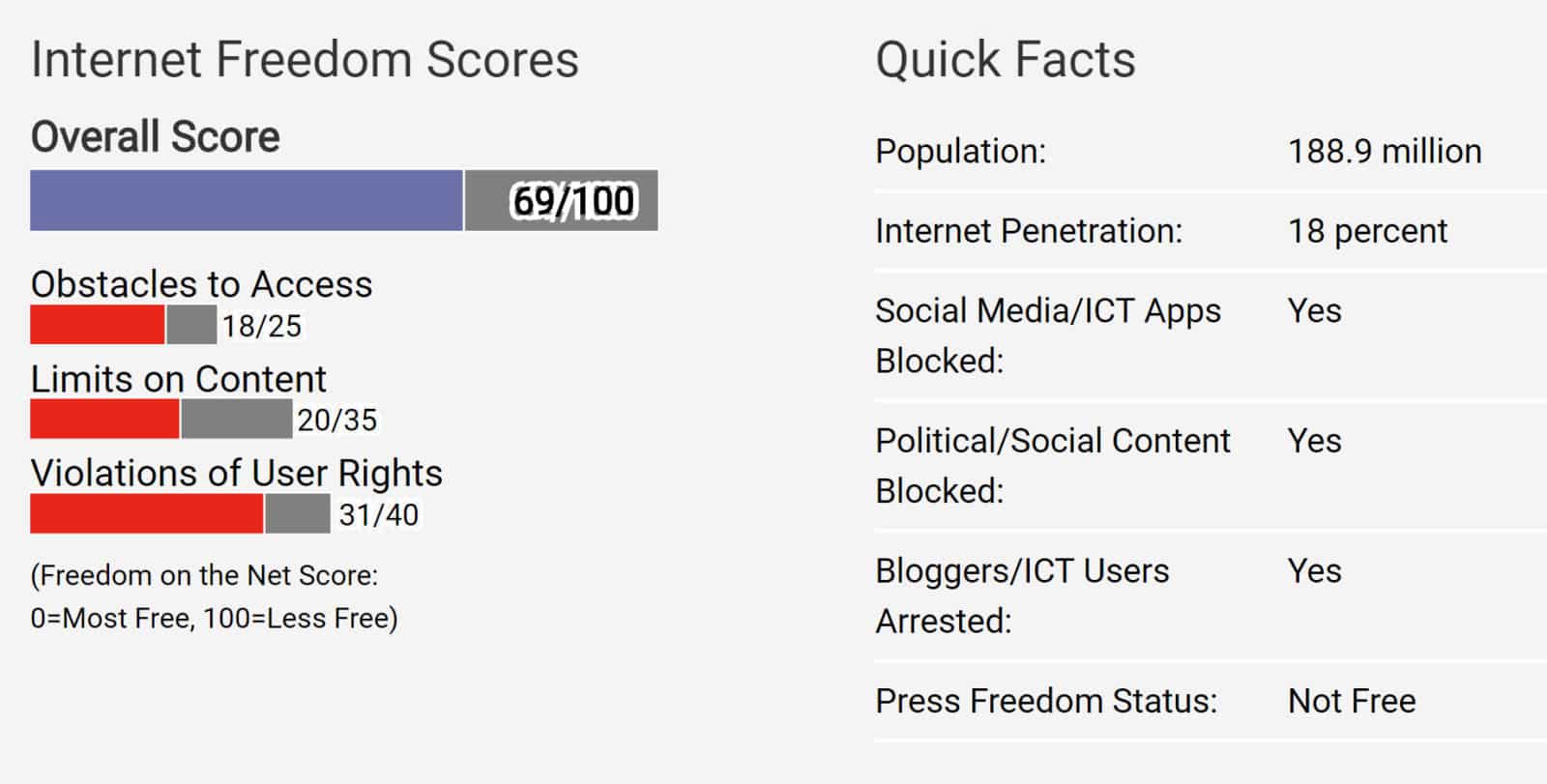

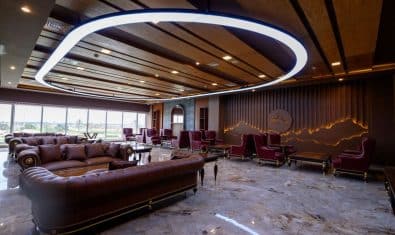
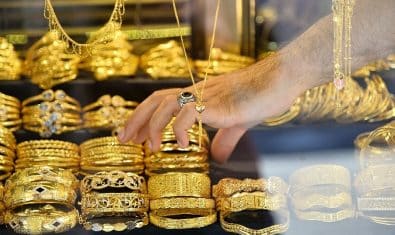

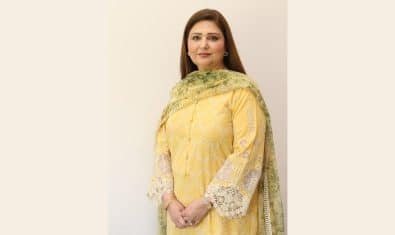
















Sadly, majority of the Internet users in Pakistan don’t even realize just how bad the internet situation is in the country. Problem with this kind of censorship and filtering is that you need to inspect all inbound/outbound traffic to check if it’s something “illegal”, which causes significant latency and delays.
Most basic online activities like live streams, gaming or even simple web browsing is severely hampered by this, since these filters often are often responsible for adding up to a 100 milliseconds of latency.
It’s funny how despite having “worse”, lower bandwidth internet about 8-10 years ago, it worked faster and a lot better simple because there weren’t any bottlenecks like these.
“Pakistan has been included in the list of countries with lowest score for “Freedom on Net.
Only countries that scored below Pakistan included: China, Iran, Syria, Saudi Arabia, Ethiopia, Vietnam, Cuba, Uzbekistan and Bahrain.”
Not loweset score but one of the lowest score. Try to write in professional manner.
did you miss the part where it says its “list” of countries with lowest score. that doesn’t mean Pakistan has lowest score
In fact I did. Thanks for clarification.
aafreen hogae propak pr.,. jo cyber crime bill ko freedom of internet say jorr diya
Are Pakistanis really tolerant enough to be able to experience the full open internet though? People here overreact to the slightest fake news articles without waiting for facts. These reactions can also become violent. While I don’t agree with censorship what alternate is there to keep a rowdy intolerant society from becoming violent, often in the supposed name of religion?
Lets not forget these rules are being set by politicians who have no understanding of technology or the internet. I doubt if any pakistani politician even knows how to use a laptop beyond email and youtube.
Things that are being banned are entirely subjective. Who decides what material is blasphemous? What if material is thought to be damaging to pakistan in the shortterm but beneficial in the long term? Who decides what is obscene? Are unkempt maulvis obscene? maybe we should ban them? What about corrupt officials? maybe we shouldn’t post news stories about them.
Funny,
If USA and UK did censor and put checks on every email and chat, they called it Security.
In simple words Another propaganda by the west against those countries which are rising and prosper against their wishes.
When Israel and India block all communication ways to Palestine’s and Kashmirs this type organization close their eyes because they got funding from these terrorist states.
Absolutely.